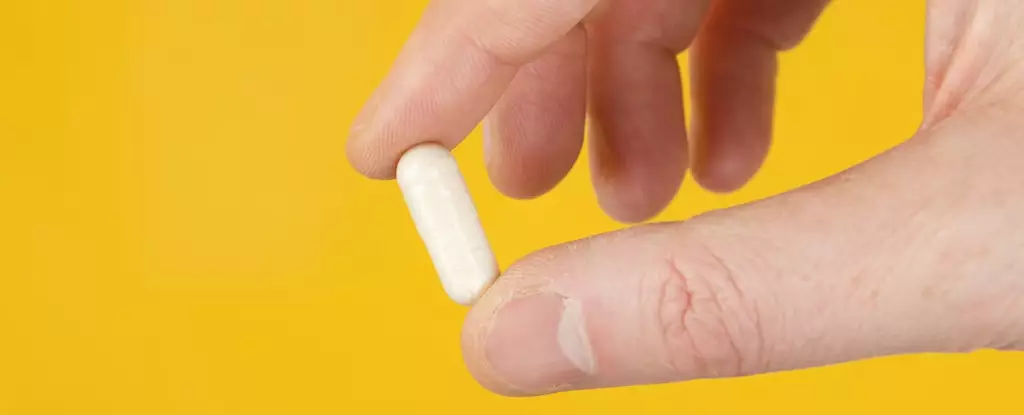The placebo effect is a fascinating and mystifying phenomenon that has intrigued scientists and researchers for decades. The idea that a simple sugar pill with no active medical ingredients can elicit a powerful psychological and physiological response in individuals is truly mind-boggling. What’s even more astonishing is that placebos can produce beneficial effects even when individuals are fully aware that what they are taking is not actual medication.
In a recent study conducted by psychologists at Michigan State University, researchers explored the potential of using placebos as a means to reduce stress levels in individuals experiencing moderate distress. The study involved a group of 32 volunteers who were prescribed a placebo and another group of 32 individuals who were given no treatment. All participants reported experiencing prolonged stress during the COVID-19 pandemic, and their stress levels, anxiety, and depression were measured at the beginning, middle, and end of a two-week trial period.
Despite knowing that they were taking inert plant fiber pills with no active ingredients, the group of individuals who were given placebos showed a significant decrease in stress, anxiety, and depression compared to the group that received no treatment. This unexpected outcome challenges the traditional notion that the placebo effect is solely dependent on deception and highlights the potential benefits of leveraging this phenomenon as a simple and effective intervention for stress management.
The findings of this study suggest that non-deceptive placebos could offer a promising solution for individuals struggling with mental health concerns, particularly those who may not have access to traditional mental health services. By remotely administering non-deceptive placebos, the scalability potential of this intervention could be greatly enhanced, providing a cost-effective and accessible alternative for stress reduction and emotional well-being.
While the exact mechanisms underlying the effectiveness of non-deceptive placebos are not yet fully understood, researchers speculate that factors such as implicit expectations, conditioning from prior treatment experiences, and embodied cognition may play a role in mediating the psychological benefits of placebos. Further research is needed to elucidate these mechanisms and determine the long-term efficacy of using placebos as a therapeutic intervention for stress and mental health disorders.
Despite the promising results of studies like these, some researchers caution against prematurely adopting placebos as a treatment modality for mental health conditions. The limited sample size and short-term nature of these studies call for more rigorous and comprehensive research to validate the therapeutic value of placebos. While placebos may be valuable as controls in clinical trials, their clinical utility as standalone interventions remains a topic of debate within the scientific community.
The power of placebos to alleviate stress and improve emotional well-being is a compelling area of research that has the potential to revolutionize mental health care. By harnessing the intriguing effects of non-deceptive placebos, individuals experiencing moderate distress may find a simple yet effective solution for managing their mental health concerns. As our understanding of the placebo effect continues to evolve, the possibilities for leveraging this phenomenon for the benefit of mental health outcomes are becoming increasingly promising.


Leave a Reply